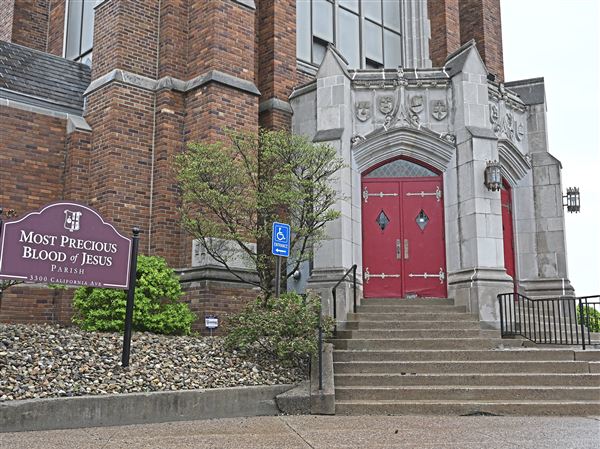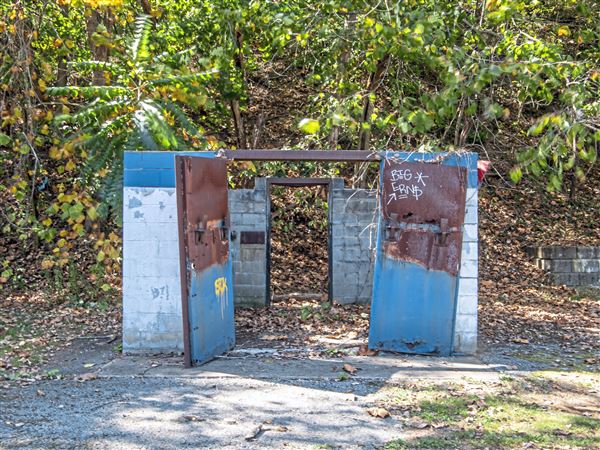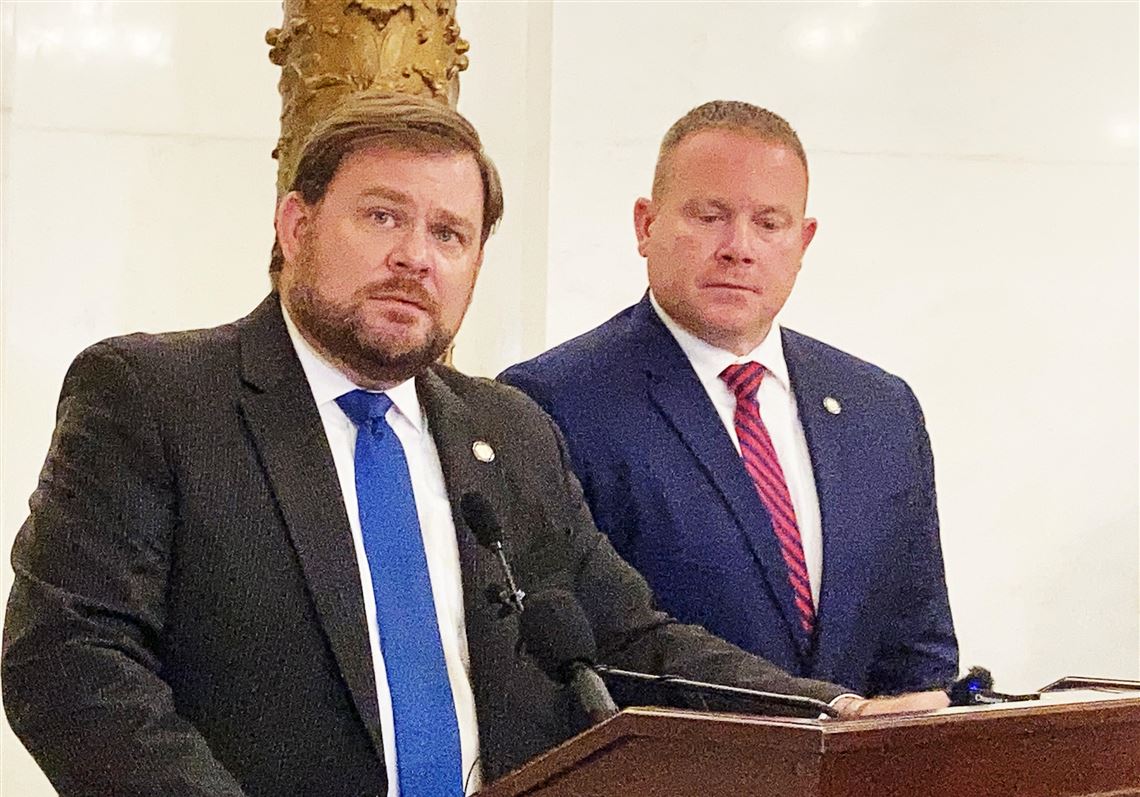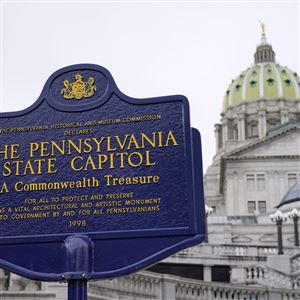HARRISBURG — The state Senate is scheduled to convene for an unusual late-August session on Wednesday — possibly taking its first August floor vote in seven years — in hopes of plugging in the pieces missing from the fiscal 2024 budget.
Some of those include $100 million in Level Up program funding for financially strapped school districts; $10 million for a new student teacher stipend program; $50 million for hospital and health system emergency relief; and $50 million for the Whole-Home Repairs program. All are listed in the 2024 spending bill that was signed into law Aug. 3 by Gov. Josh Shapiro, but partisan disputes blocked agreement on the accompanying legislation necessary for some of the required spending.
“Absent that legislative language, I will not release funding for certain programs,” Budget Secretary Uri Monson wrote in an early August memo.
Lawmakers typically do not come to Harrisburg during a stretch of two-plus months beginning in early July. Should the Senate take a roll call floor vote on Wednesday, it will be the first time that has happened in August since 2016.
On Aug. 30 of that year — about two weeks after then-Attorney General Kathleen Kane was convicted of perjury and other counts, and then resigned — senators convened to approve the nomination of Bruce Beemer to take her place. The Senate has not voted on an actual piece of legislation during August since 2009.
This year, tension between Democrats and Republicans in Harrisburg escalated in June, including bickering over funding for state-related schools like University of Pittsburgh. It culminated on July 5 with a high-profile disagreement between Republicans who control the Senate and Democratic Gov. Josh Shapiro over a proposed voucher-style scholarship program for public school students.
Lawmakers left Harrisburg for about a month. A small number of senators returned for a perfunctory Aug. 3 session where a signature was placed on an already-passed $45.45 billion spending bill so it could be forwarded to Mr. Shapiro. He immediately signed it, but his administration made it clear that a small list of high-profile items could not receive money without accompanying legislation.
It is impossible to predict exactly how the Senate session scheduled to start at 1 p.m. Wednesday will play out.
Statements from both sides of the split Legislature — the Republicans who control the Senate and the Democrats who control the House — within the past week or so indicate negotiations are happening. At the same time, any bill to free up the sequestered spending must pass both chambers, and the voting balance in the House has been tied at 101 since the Aug. 19 resignation of Rep. Sara Innamorato.
Here is an overview of a few items whose 2024 appropriations cannot be made until enabling legislation is passed:
• Level Up: The $100 million designated for this program would be divided between the 100 school districts determined to be most in need of financial help. The program has been active for two years. It is viewed as a way to shore up finances of the worst-off districts until the state can come up with an education funding system to replace one a court has found to be unconstitutional.
• Whole-Home Repairs: This program was created in 2022 to give income-qualified homeowners grants of up to $50,000 each to make repairs and also help landlords with limited numbers of properties. Last year’s initial round of funding came from federal COVID-19 relief money, but the appropriation of $50 million in this year’s spending bill is from state funds.
• Hospital and Health System Relief: The spending bill includes $50 million for hospital and health system emergency relief that Mr. Shapiro called important “to support the vital work of hospitals.”
• Student teacher stipends: The spending bill included $10 million for a new program to give stipends to student teachers in an effort to boost the state’s dwindling supply of teachers.
The General Assembly still has not passed a bill funding the University of Pittsburgh for 2024.
The Senate was called back to Harrisburg by President Pro Tempore Kim Ward, R-Westmoreland. In a written statement, she named some “next steps” in the budget process — including the hospital and health system funding — and said, “Other matters continue to be negotiated with our counterparts.”
Ford Turner: fturner@post-gazette.com
First Published: August 28, 2023, 9:59 a.m.
Updated: August 28, 2023, 10:48 a.m.




















